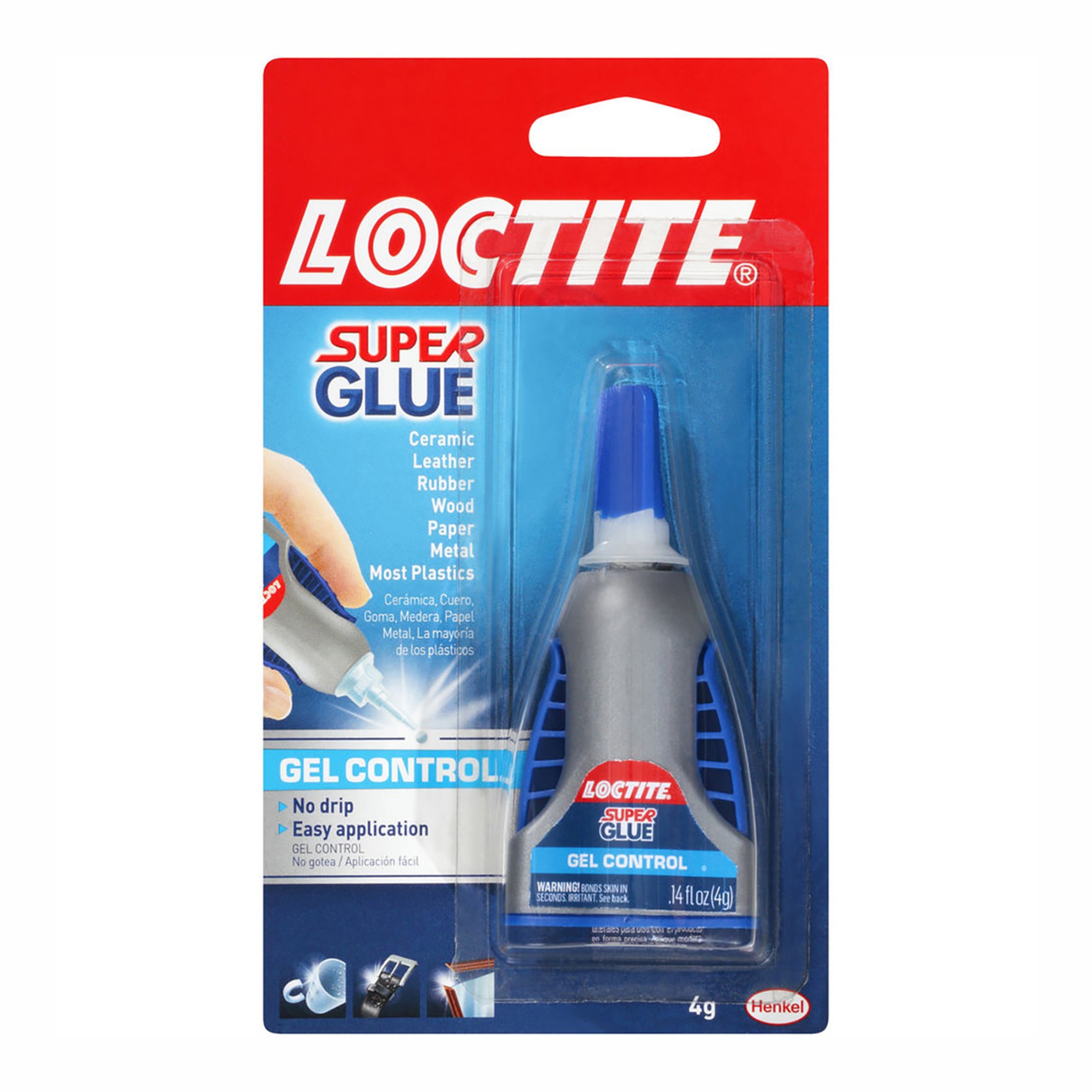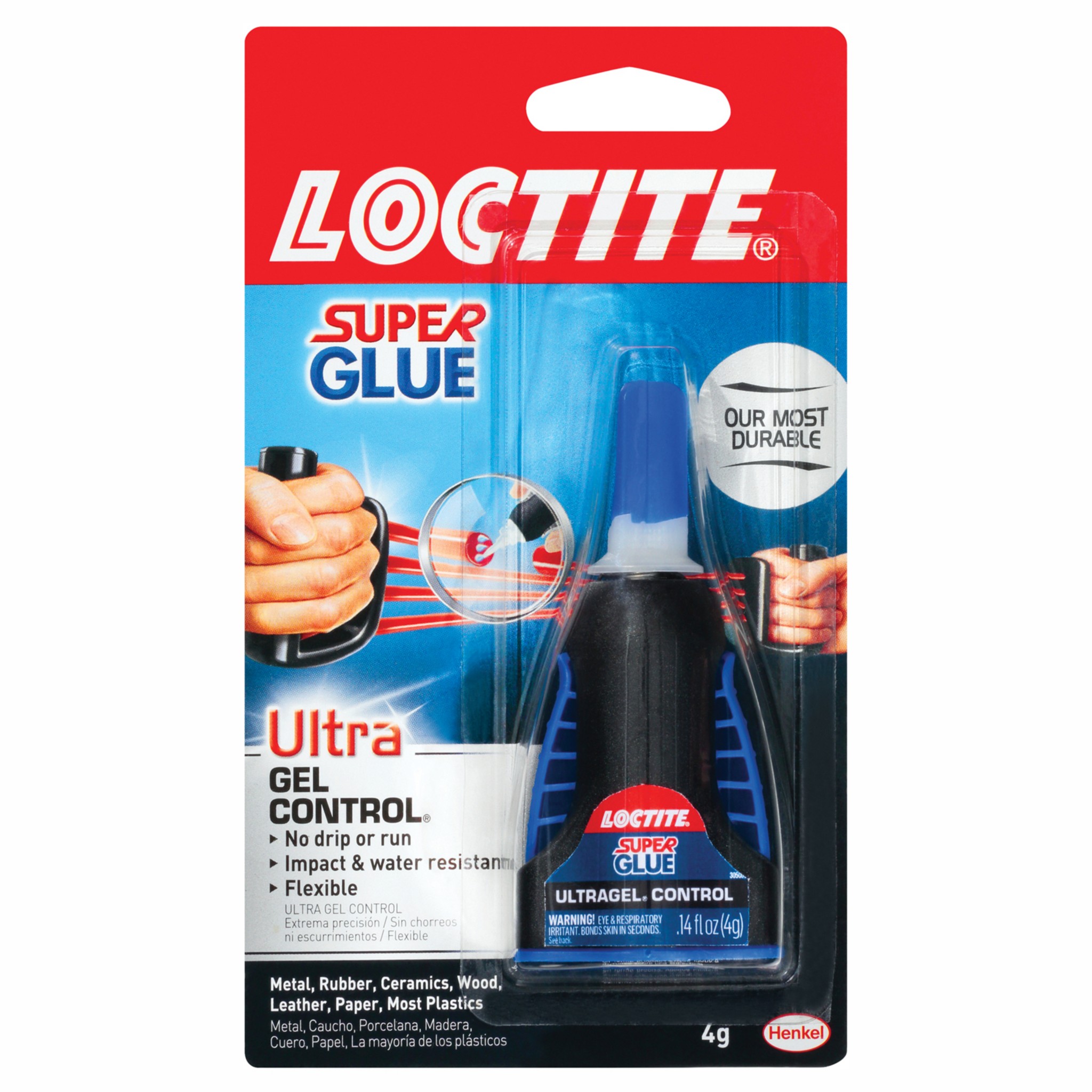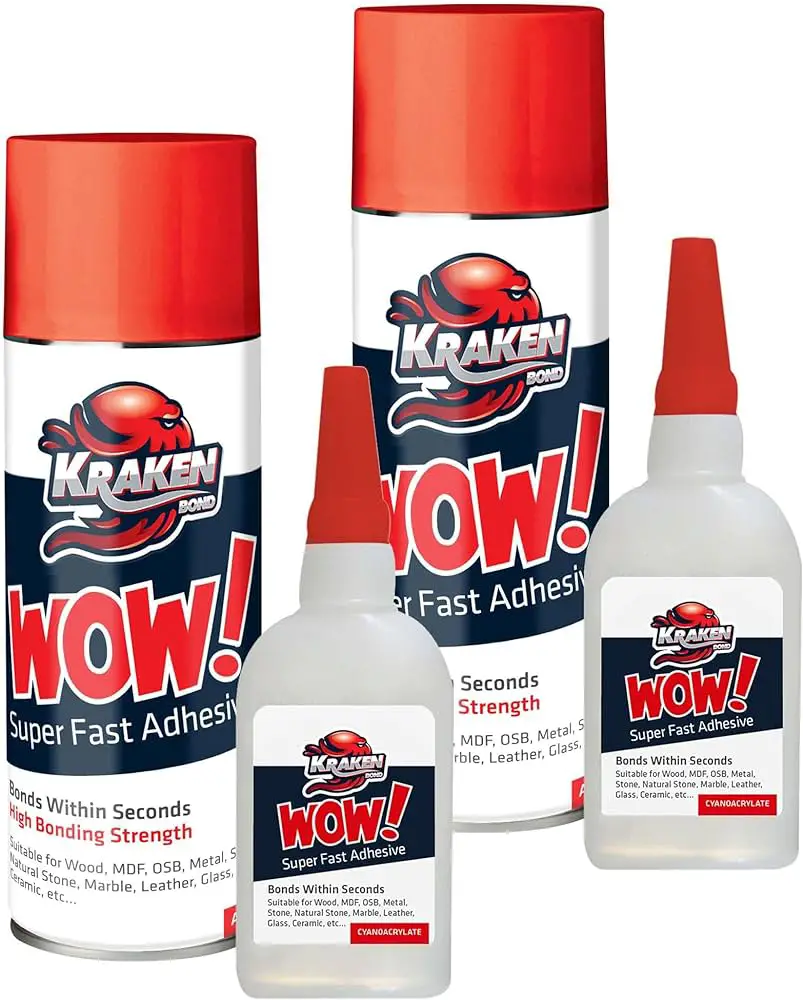Yes, Super Glue can effectively bond metal surfaces together for a strong and durable connection. Super Glue is a versatile adhesive suitable for many materials, including metal.
It forms a secure bond quickly, making it ideal for various household and DIY projects requiring metal-to-metal adhesion. Whether you are repairing a metal object or creating a new metal structure, Super Glue provides a reliable and long-lasting solution. Its fast-drying formula and high strength make it a popular choice for bonding metals in diverse applications.
With Super Glue, you can trust that your metal surfaces will be securely joined with a minimal wait time for the adhesive to set.

Credit: www.loctiteproducts.com
The Science Of Super Glue And Metal
When it comes to bonding materials, super glue is a popular choice due to its strong adhesive properties. Let’s explore how super glue works specifically for metal surfaces.
Chemical Composition
- Super glue consists of cyanoacrylate monomers.
- When exposed to moisture, these monomers undergo a polymerization process.
Bonding Process
- The polymerization process creates long chains of molecules that form a durable bond.
- These molecules create an insta-bond when they come into contact with metal surfaces.
https://woodworkingadvisor.com/how-to-remove-super-glue-from-glasses-lenses/Super glue is highly effective in creating strong bonds with metal due to its chemical composition and bonding process.

Credit: www.loctiteproducts.com
Factors Affecting Super Glue’s Effectiveness On Metal
Factors affecting the effectiveness of super glue on metal are pivotal for successful bonding. Achieving a strong and lasting bond with metal surfaces depends on several key considerations.
Surface Cleanliness
- Clean the surface with a solvent to remove any dirt, grease, or residues that can hinder adhesion.
- Roughen the surface slightly to provide more area for the glue to grip onto.
- Ensure the surface is dry before applying the super glue to prevent any moisture interference.
Metal Type And Texture
| Metal Type | Texture |
|---|---|
| Aluminum | Smooth surfaces may require sanding for better adhesion. |
| Stainless Steel | Highly polished surfaces may need etching to improve bond strength. |
| Iron | Rust should be removed, and a primer might be necessary for porous surfaces. |
Tips For Using Super Glue On Metal
When it comes to using super glue on metal, it’s important to follow the right tips to ensure a strong and durable bond. By preparing the surface correctly and applying the adhesive with the proper techniques, you can achieve the best results. Here are some essential tips to keep in mind when using super glue on metal.
Surface Preparation
Before applying super glue to metal, it’s crucial to prepare the surface to ensure optimal adhesion. Clean the metal thoroughly using a mild detergent to remove any dirt, grease, or debris that could interfere with the bond. Use a solvent such as acetone to degrease the metal and create a clean, dry surface for the glue to adhere to. Roughen the surface lightly with sandpaper to improve the bonding strength, providing a slightly rough texture that the super glue can grip onto effectively.
Application Techniques
When applying super glue to metal, it’s important to use the right techniques to achieve the strongest bond. Apply the adhesive sparingly to one surface, using just enough to create a thin layer. Press the surfaces together firmly and hold them in place for the recommended curing time to allow the glue to set properly. Avoid any movement or disturbance during the curing process to prevent weakening the bond. Use clamps or weights to hold the pieces in position if necessary, ensuring even pressure across the bond.

Credit: www.amazon.com
Common Applications Of Super Glue On Metal
Super glue, also known as cyanoacrylate adhesive, is a versatile adhesive that can be used for numerous applications on metal surfaces. Its quick-drying and strong bonding properties make it a popular choice for both DIY repairs and art and craft projects. In this article, we will explore the common applications of super glue on metal and how it can be a practical solution for various needs.
DIY Repairs
Super glue can be a lifesaver when it comes to quick fixes and repairs on metal objects. Whether it’s a broken metal hinge, a loose handle, or a snapped metal part, super glue is often the go-to adhesive for repairing these issues. Its strong bond creates a durable hold that can withstand daily wear and tear, making it ideal for fixing household items like kitchen utensils, appliances, or even metal furniture.
In addition to its strength, super glue is also resistant to moisture and high temperatures, making it suitable for repairing outdoor metal structures such as fences, gutters, or even car parts. Its ability to bond different metals together, including steel, aluminum, and copper, makes it a versatile adhesive for various DIY projects involving metal.
Art And Craft Projects
Super glue is not only practical for repairs but is also a valuable tool for various art and craft projects involving metal. Its fast bonding time and clear finish make it an excellent choice for artists and crafters who require a strong adhesive for their metal creations.
One common application is in jewelry making, where super glue can be used to securely attach metal findings, beads, or gemstones to different metal components. Its precision applicators allow for accurate and controlled application, ensuring that the glue is only applied where needed.
Furthermore, super glue can also be used in metal sculptures, model building, or even DIY home decor projects. Its ability to bond metal pieces together provides stability and longevity to these creations, making them resilient to accidental bumps or movements.
Whether you’re a hobbyist, artist, or simply need a reliable adhesive for everyday metal repairs, super glue is a versatile and effective solution. Its wide range of applications on metal surfaces, combined with its strength and durability, make it an invaluable tool for any DIY enthusiast or creative individual.
Safety Precautions And Alternatives
Opting for safety precautions and alternatives is crucial when deciding on suitable adhesives for metal surfaces. While super glue may bond metal effectively, it’s essential to consider safety measures and also explore alternative bonding options. Assessing the specific metal type and intended application will determine the best adhesive choice for optimal results.
Proper Ventilation
When working with super glue on metal surfaces, it is important to ensure proper ventilation to minimize the risk of inhaling toxic fumes or developing respiratory issues. Super glue, also known as cyanoacrylate adhesive, releases fumes that can be irritating to the eyes, nose, and throat.
To safeguard your health, it’s best to work in a well-ventilated area. Open windows and doors to allow fresh air circulation, or consider using a fan or exhaust system to remove fumes. Additionally, wearing a mask during application can provide an extra layer of protection against inhalation.
Alternative Adhesive Options
While super glue is a popular choice for bonding metal objects due to its strength and quick setting time, there are alternative adhesive options that you can consider if safety is a concern or if you prefer to avoid using cyanoacrylate adhesives.
- Epoxy: Epoxy adhesive is a versatile and strong bonding agent that can be used on various materials, including metal. It consists of two components, a resin and a hardener, which need to be mixed before use. Epoxy offers excellent bonding strength and is resistant to heat, chemicals, and moisture.
- Superglue gel: Superglue gel is a thicker and more viscous version of traditional super glue. It is less runny and provides better control during application, reducing the risk of accidental contact with skin. However, it may take slightly longer to set compared to regular super glue.
- Silicone adhesive: Silicone adhesive is a flexible and waterproof alternative to super glue. It works well on metal surfaces and offers a more cushioned and shock-absorbent bond. Additionally, silicone adhesive is resistant to temperature changes and can withstand exposure to UV rays.
These alternatives provide different properties and adhesive strengths, so be sure to choose one that best suits your specific project requirements.
Frequently Asked Questions On Can Super Glue Work On Metal
Can Super Glue Be Used On Metal?
Yes, super glue can be used on metal surfaces. Super glue is known for its strong bonding properties, and it works well on various materials, including metal. It creates a durable bond that can withstand everyday use and provide a secure hold.
Just make sure to clean and dry the metal surface before applying the super glue for optimal adhesion.
Is Super Glue Suitable For Repairing Metal Objects?
Yes, super glue is suitable for repairing metal objects. It can effectively bond and repair small cracks, breaks, or gaps in metal items. Whether it’s fixing jewelry, metal ornaments, or household appliances, super glue provides a quick and reliable solution.
However, for larger or load-bearing repairs, it’s best to consult a professional or consider other specialized metal adhesives.
How Long Does Super Glue Take To Dry On Metal?
Super glue dries quickly on metal surfaces, generally within minutes. The exact drying time may vary depending on factors like temperature, humidity, and the amount of adhesive applied. It’s important to hold the surfaces firmly together during the drying process to ensure a strong and secure bond.
For best results, follow the instructions provided on the super glue packaging.
Conclusion
Super glue can indeed work on metal, providing a strong and reliable bond. When selecting a super glue for metal, it’s important to consider the type of metal and the specific requirements of your project. With the right preparation and application, super glue offers a convenient and effective solution for various metal bonding needs.


